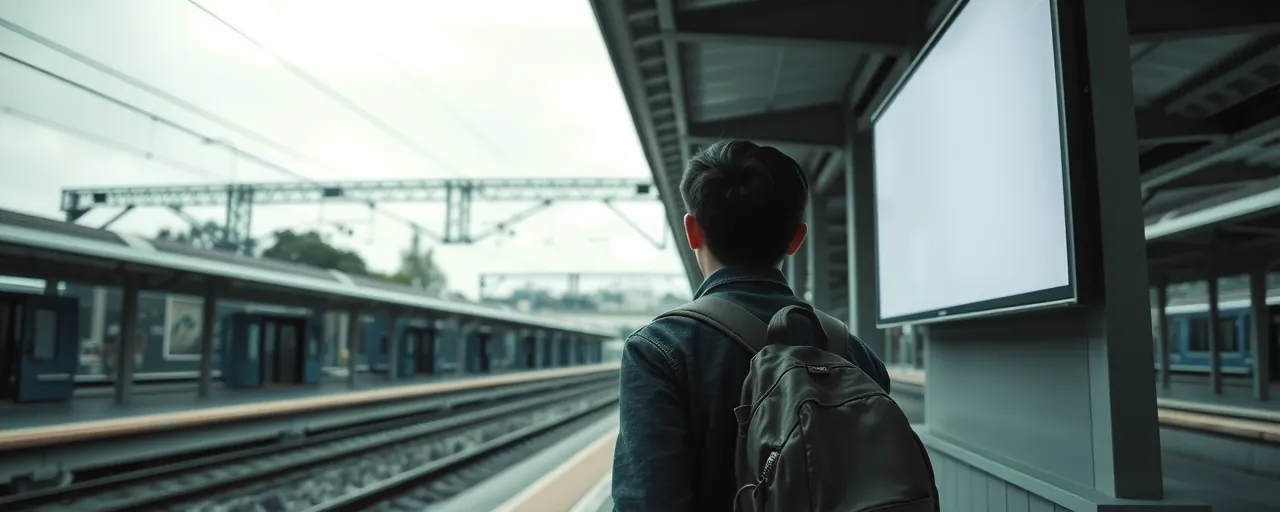A City on the Brink
Chicago’s buses and trains carry the lifeblood of our state, moving millions to jobs, schools, and hospitals every day. Yet, lawmakers left Springfield without funding $771 million needed for the Chicago Transit Authority, Metra, and Pace. This gap, looming as federal COVID relief ends in 2025, pushes our transit agencies toward a $770 million annual deficit by 2026. Without action, they face slashing 40 percent of services, closing rail lines, cutting bus routes, and laying off nearly 3,000 workers.
Public transit binds communities together, ensuring access to opportunity while cutting carbon emissions. Its collapse would ripple across Illinois, dimming the vibrancy of our cities. Advocates for equitable transit, like the Chicago-based Transit Equity Coalition, have long warned of this moment. They see transit as a cornerstone of fairness and progress. I share their urgency. Why are we allowing this crisis to unfold?
The stakes are human. Mothers will miss medical visits. Workers will lose jobs. Students will be stranded. This failure reflects a deeper issue: a lack of commitment to the people who need transit most. Illinois has the tools to act—targeted fees, smart reforms—but lawmakers chose inaction. That choice betrays our values and our future.
Some argue we need budget discipline before new spending. They point to inefficiencies in the Regional Transportation Authority, demanding reforms over revenue. Their caution has merit, but it misses the bigger picture. Transit is essential, not optional. Delaying investment to chase perfection ignores the immediate harm to real people.
As someone who cherishes Chicago’s energy, I’m frustrated. Transit isn’t just about getting from point A to point B. It’s about dignity, opportunity, and a sustainable tomorrow. Why are we risking it all over misplaced priorities?
Who Pays the Price?
When transit falters, the burden falls heaviest on those least equipped to bear it. Low-income neighborhoods, where residents depend on buses and trains, face losing service access for 20 percent of Chicago’s workforce. Longer travel times will force many into costly car ownership or onto clogged roads, raising risks of accidents and congestion. Jobs, healthcare, and local economies will take a hit, deepening existing inequities.
History shows the scars of such cuts. After the Great Recession, some routes never returned, isolating communities and costing billions in lost wages and economic activity. Today’s planned reductions are even more severe, threatening to unravel decades of progress toward transit justice.
Certain policymakers advocate user fees or private partnerships to avoid broad tax increases, arguing that suburban and rural taxpayers shouldn’t subsidize urban transit. This view overlooks transit’s universal benefits: cleaner air, less traffic, thriving cities. Asking low-income riders to cover costs through higher fares is unfair and shortsighted. Fairer solutions exist, and we need to use them.
Other states offer models. Minnesota funds transit with delivery and vehicle fees. Massachusetts taps wealth taxes. Illinois could adopt rideshare fees or tolls to protect vulnerable riders while ensuring stability. Why choose devastation when we have options?
Building a Better Tomorrow
Funding transit is about more than averting crisis. It’s about creating an Illinois where everyone thrives. Advocates for sustainable mobility propose $1.5 billion annually through rideshare fees, delivery taxes, and transit-oriented development funds, paired with governance reforms. This plan advances climate goals, connects underserved areas, and sparks economic growth.
The numbers back this up. Transit investments, like Chicago’s Red Line expansions, create jobs, attract businesses, and boost property values. Each dollar spent yields up to four dollars in returns. Waiting, as lawmakers have, risks losing federal funds for upgrades, inflating future costs to rebuild what we lose now.
Some insist Illinois can’t afford transit amid pension and healthcare demands. Yet, Governor Pritzker’s balanced budgets and credit upgrades prove we can manage multiple priorities. The 1964 Urban Mass Transportation Act showed transit can align with fiscal responsibility. Why force a false choice between progress and stability?
No More Excuses
Illinois faces a defining moment. Will we let our transit system collapse, abandoning the people and environment it serves? Or will we act boldly to ensure every resident can move freely, every city can grow, and every community can flourish? The path forward is clear, and delay is not an option.
Lawmakers must return to Springfield with resolve. They should pass progressive revenue measures—rideshare fees, delivery taxes, tolls—and strengthen oversight to maximize efficiency. Voices from transit justice groups deserve to shape this future. Anything less fails our state.
We deserve a transit system that empowers us, not one that leaves us behind. Chicago, and all of Illinois, is worth the fight. Let’s demand action now.
